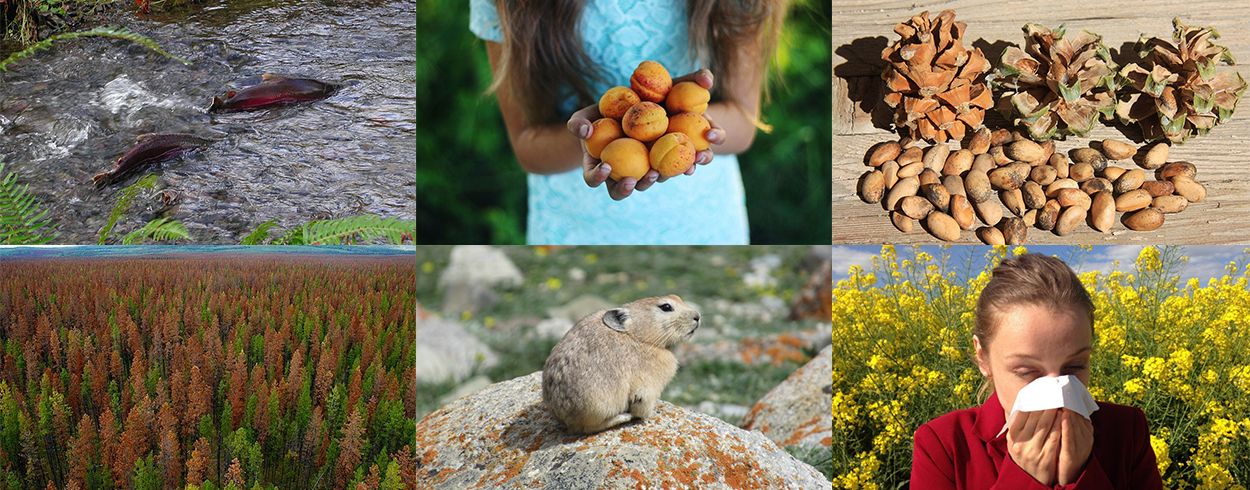
A Time for Change
Climate change education presents a unique educational challenge for the 21st century. Climate change impacts communities in varied ways. Phenomena and problems in one community may be quite different than those in another community. Learning about them should be community-specific, too.
Why a new approach to Climate Education?
The new and innovative Climate Education Pathways project recognizes that no one size fits all when it comes to climate education. In addition to the impact of climate change on worldwide systems, localized communities are experiencing a variety of differing effects on a regional scale. Furthermore, solutions to solve regional problems are community specific. We are setting out to design and develop a climate education program that intentionally invites educators to adapt it to make the learning experience more relevant and connected to their students’ lives.
How will we do this?
We will provide a unit that has a storyline and lessons that are 80% there and we will include a structure to invite teachers to play with and plan for what they want to do with the other 20%. This way, teachers can incorporate locally- or culturally relevant-phenomena and problems that matter to their students and communities. What will result is a customized learning experience that allows students to explore the phenomena and problems most connected to their lives. We will do this without putting a heavy burden on teachers to design an entire unit by themselves.
We will also provide a learning experience designed to take advantage of interactive and highly visual resources, including a diverse repertoire of stories, images, text, data, and simulations. The materials will be developed for a digital space but also include paper-based options. Teachers and students will be able to interact with these resources in a flexible way.
Student Edition
This button takes you directly to the student version for the digital tools. There is no login required for students. The direct link to the student materials is climate.bscs.org. Feel free to give this link directly to your students.
Access ResourceTeacher Edition
This button takes you directly to teacher resources. The direct link to the teacher resources is climate-teacher.bscs.org.
Access ResourceWhat do we want to learn from this work?
We want to understand how this approach to curriculum design and professional learning affects teachers’ understanding of climate change, their confidence in incorporating climate change instruction in their classrooms, and their capacity to design localized materials to make them relevant to students. We also wonder if these localized units result in increased climate change knowledge, expertise, and agency for students. Does giving space for students to explore locally- and culturally-relevant climate phenomena, problems and solutions result in increased environmental science agency? That is what we aim to figure out.
Learn more about the development and research for this project.